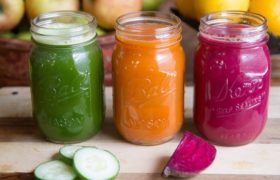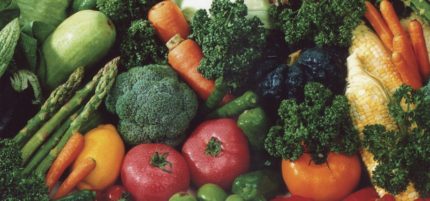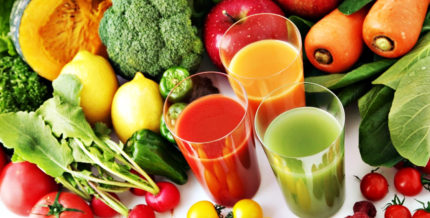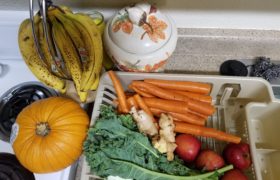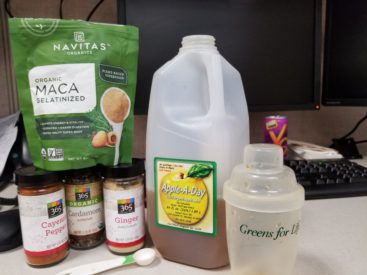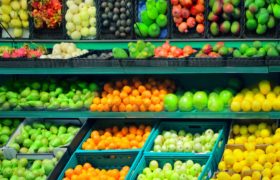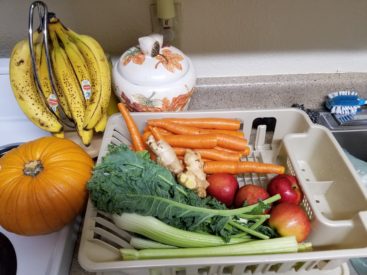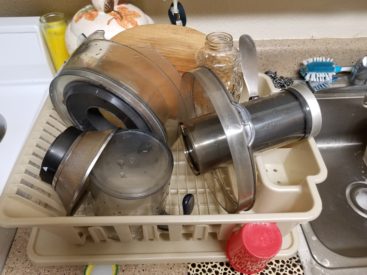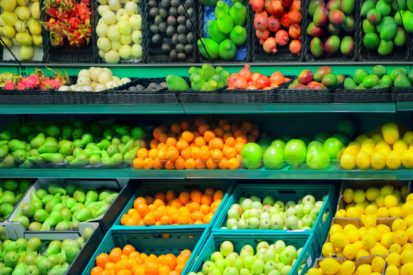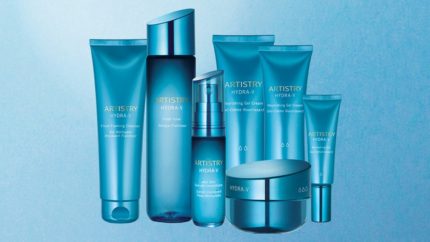THIS IS A TEST
Alcohol use: Weighing risks and benefits
Moderate alcohol use has possible health benefits, but it’s not risk-free.
Understanding the risks and any possible health benefits of alcohol often seems confusing; that’s understandable, because the evidence for moderate alcohol use in healthy adults isn’t certain.
Researchers know surprisingly little about the risks or benefits of moderate alcohol use in healthy adults. Almost all studies of lifestyle, including diet, exercise, caffeine, and alcohol, rely on patient recall and truthful reporting of one’s habits over many years. These studies may indicate that two things may be associated with one another, but not necessarily that one causes the other. It may be that adults who are in good health engage in more social activities and enjoy moderate amounts of alcohol, but that the alcohol has nothing to do with making them healthier.
Any potential benefits of alcohol are relatively small and may not apply to all individuals. In fact, the latest dietary guidelines make it clear that no one should begin drinking alcohol or drink more often on the basis of potential health benefits. For many people, the possible benefits don’t outweigh the risks and avoiding alcohol is the best course.
On the other hand, if you’re a light to moderate drinker and you’re healthy, you can probably continue to drink alcohol as long as you do so responsibly.
Here’s a closer look at alcohol and your health.
Defining moderate
Moderate alcohol use for healthy adults generally means up to one drink a day for women and up to two drinks a day for men.
Examples of one drink include:
- Beer: 12 fluid ounces (355 milliliters)
- Wine: 5 fluid ounces (148 milliliters)
- Distilled spirits (80 proof): 1.5 fluid ounces (44 milliliters)
Pros and cons of moderate alcohol use
Moderate alcohol consumption may provide some health benefits, such as:
- Reducing your risk of developing and dying of heart disease
- Possibly reducing your risk of ischemic stroke (when the arteries to your brain become narrowed or blocked, causing severely reduced blood flow)
- Possibly reducing your risk of diabetes
However, eating a healthy diet and being physically active have much greater health benefits and have been more extensively studied.
Keep in mind that even moderate alcohol use isn’t risk-free. For example, even light drinkers (those who have no more than one drink a day) have a tiny, but real, increased risk of some cancers, such as esophageal cancer. And drinking and driving is never a good idea.
Risks of heavy alcohol use
While moderate alcohol use may offer some health benefits, heavy drinking — including binge drinking — has no health benefits.
Heavy or high-risk drinking is defined as more than three drinks on any day or more than seven drinks a week for women and for men older than age 65, and more than four drinks on any day or more than 14 drinks a week for men age 65 and younger.
Binge drinking is defined as four or more drinks within two hours for women and five or more drinks within two hours for men.
Excessive drinking can increase your risk of serious health problems, including:
- Certain cancers, including breast cancer and cancers of the mouth, throat, esophagus and liver
- Pancreatitis
- Sudden death if you already have cardiovascular disease
- Heart muscle damage (alcoholic cardiomyopathy) leading to heart failure
- Stroke
- High blood pressure
- Liver disease
- Suicide
- Accidental serious injury or death
- Brain damage and other problems in an unborn child
- Alcohol withdrawal syndrome
When to avoid alcohol
In certain situations, the risks of alcohol may outweigh the possible health benefits. For example, check with your doctor about drinking if:
- You’re pregnant or trying to become pregnant
- You’ve been diagnosed with alcoholism or alcohol addiction, or you have a strong family history of alcoholism
- You’ve had a hemorrhagic stroke (when a blood vessel in your brain leaks or ruptures)
- You have liver or pancreatic disease
- You have heart failure or you’ve been told you have a weak heart
- You take prescription or over-the-counter medications that can interact with alcohol
Deciding about drinking
If you don’t drink alcohol, don’t start because of potential health benefits. However, if you drink a light to moderate amount and you’re healthy, you can probably continue as long as you drink responsibly. Be sure to check with your doctor about what’s right for your health and safety.








 January 7th, 2023
January 7th, 2023  Covon Gutierrez
Covon Gutierrez 